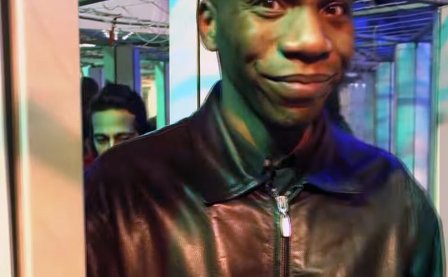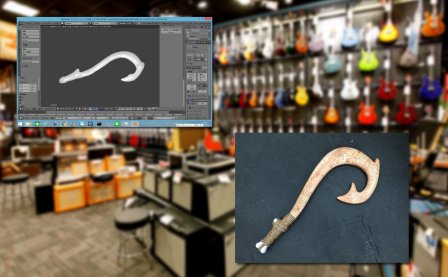Black Moon Days is about invisible forces, like the ripping of tides from the earth by an obscured moon or the conveyance of melodies into an oversensitive laptop microphone. It’s Joanne Robertson’s second album, but it’s her first to speak with such clarity to futility, uncertainty, violence, and misunderstanding. Irrespective of the strange forms it takes upon second, third, umpteenth listens, the first listen is marked almost exclusively by the straightforward beauty of the songs and almost nothing else. With a couple exceptions, Black Moon Days is, to the idle and the attentive ear alike, the sparsely corrupted sound of a woman and a guitar. Hardly anything with which to negotiate.
Aside from a few isolated trackpad clicks and spacebar presses, Black Moon Days is outside of space and time. The audible excerpts of its lyrics are ambiguous and many seem to be about love and loss — a “universal” body of work that can’t be recorded (or heard) the same way twice. For all of the music’s illusory qualities, it doesn’t deal in illusion and casts aside that of a shared experience between the performer and audience. The “Here, today” of “Grams” is never the same song-moment, and when Robertson sings “Read from a book/ You steal all the words” in “Halls,” she both admits and challenges the lyric-as-text. What might be mistaken for a collection of quaint folk songs is really the consumption of value and production of something stripped of that semiotic capital, on the outskirts of economy.
Apprehending abstraction in Robertson’s music is similar to apprehending it in her paintings: at first you don’t see it at all, or you think it crude or forced, until finally you’ve fallen into it and can’t get out. As a songwriter, Robertson captures a subdued quality, a sadness that transcends communication. Her musical persona is connected to the self captured in these self portraits, naked purity coarsened by reproduction. Similar to the depictions in the songs, the Robertson of the paintings has detectable emotions even behind broad brushstrokes and uneven mixing of colors. Perhaps most importantly, Robertson paints herself in a greater amount of detail than she does her immediate surroundings. The dimensional superficiality of Robertson’s rendered physical situations is the world of Black Moon Days’ song-space, the few-feet radius of a laptop microphone’s attention filled in with reverb, the mixing and muddying work of the imaginary.
Like the representational nature of her visual work, Robertson’s music is based in tradition but never referential or attentive to its representational effort at any level above liminal affect. Initially, the title track speaks in the musical language of Joni Mitchell and Judee Sill, but the uncertainty of its tone is Robertson’s. The kind of affect with which she concerns herself on “Black Moon Days” is interruptive, like “leaves on the branch [that] prick your skin.” The washed-out, artificial, solipsistic world of the recording space and the space of brush strokes is firmly established as heartbreak residue, the return of the “lost places” lit by the other’s incident glow. The music hasn’t been “lost” or made useless, but has assembled itself as a map of the territory of melancholia.
Black Moon Days ends with a grating cataclysm and, by any (prejudiced) account, an error. Ask someone who didn’t have tinnitus before listening to the album and they might tell you that “Bricklin” is too loud. While most tracks lack clarity in the mid-range, only on “Bricklin” is that void of clarity stripped additionally of its dynamics through digital compression, which drowns an already-drowned Robertson in an intense fog of reverberating drums. The album’s least beautiful song might be its most crucial: an awakening and a forgetting, simultaneously. Robertson shies away, but something else comes charging forward. The pedagogy of “Bricklin” is the ringing of the ear that it provokes or the excess meaning that emerges from depreciated permutations of text. Poetry for days lit by darkness.
More about: Joanne Robertson




